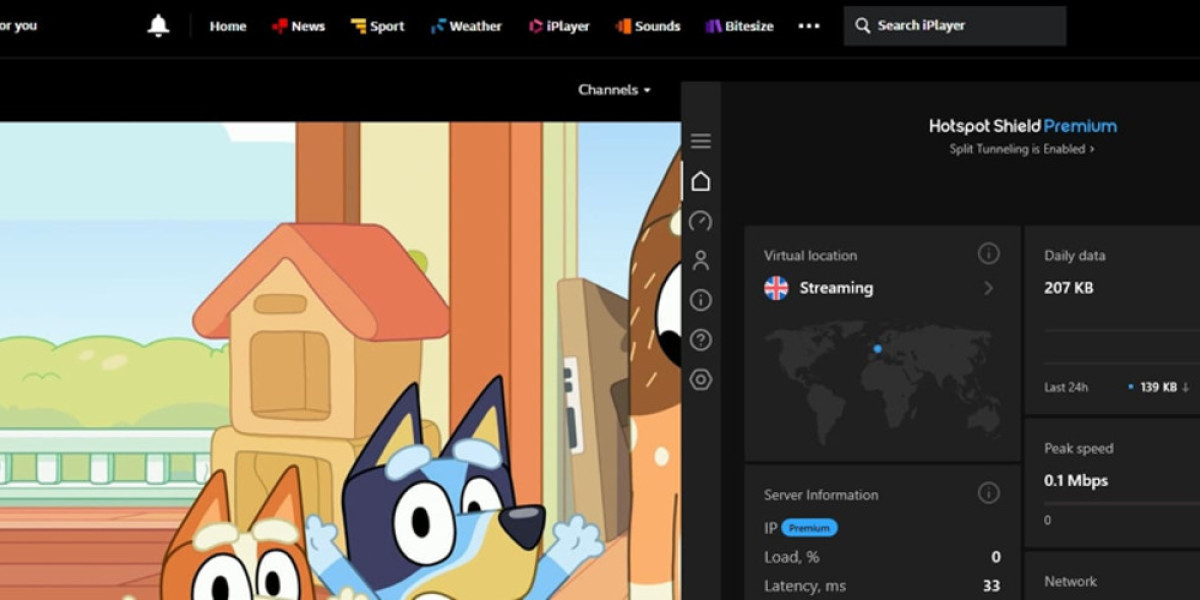QuickBooks HubSpot Integration: How Finance Meets CRM Efficiency
Businesses often struggle to align financial operations with customer relationship management. Sales teams close deals, but accounting teams are left waiting for updates or chasing missing details. This disconnect creates reporting delays, invoice errors, and frustrated customers.
That’s where QuickBooks HubSpot Integration becomes essential. It connects your sales and finance data, ensuring both teams stay informed and aligned in real time.
Why QuickBooks and HubSpot Need Each Other
QuickBooks handles your accounting and invoicing, while HubSpot manages leads, deals, and customer engagement. When these two systems operate in silos, teams face issues such as:
Duplicate data entry and inconsistent records
Delayed payment tracking and inaccurate revenue reports
Limited visibility into the customer lifecycle post-sale
Manual reconciliation of invoices and deal values
A unified integration between QuickBooks and HubSpot solves these challenges by syncing data automatically—creating a single source of truth for both your finance and sales departments.
Real-Life Scenario: The Challenge Before Integration
Consider Lisa, a sales manager at a growing SaaS company. Her team used HubSpot to track deals, but the accounting department managed all invoices in QuickBooks.
After closing a sale, Lisa had to email customer details to the finance team. Weeks later, she discovered the invoice was issued incorrectly because deal data wasn’t updated in time. This led to delayed payments and unhappy customers.
Once the company implemented QuickBooks HubSpot Integration, invoices were automatically created from closed deals, eliminating manual steps and reducing billing errors by 40%.
Key Benefits of QuickBooks HubSpot Integration
1. Automatic Data Sync
All customer, product, and deal information updates instantly between HubSpot and QuickBooks. This ensures accuracy and saves hours spent on manual data entry.
2. Real-Time Financial Insights
Gain instant visibility into payment status, outstanding invoices, and revenue performance directly within HubSpot dashboards.
3. Streamlined Quote-to-Cash Process
Convert HubSpot quotes into QuickBooks invoices in a single click, minimizing friction between sales and accounting.
4. Improved Sales Forecasting
By integrating payment history and deal data, businesses can predict cash flow and identify top-performing clients.
5. Enhanced Customer Experience
Support teams can access full payment histories in HubSpot, enabling faster issue resolution and personalized client communication.
How QuickBooks HubSpot Integration Works
Step 1: Data Mapping
Map HubSpot properties (like Company, Contact, and Deal) to QuickBooks fields such as Customer, Invoice, and Product.
Step 2: Automated Sync Setup
Schedule automatic syncs or trigger them based on events—like when a deal closes or payment is received.
Step 3: Two-Way Communication
Any updates made in QuickBooks (e.g., invoice payments or adjustments) reflect in HubSpot instantly and vice versa.
Step 4: Workflow Automation
Automate repetitive tasks—such as sending invoice reminders, updating deal stages, or tagging overdue accounts.
Integration Options: How to Connect QuickBooks and HubSpot
1. HubSpot App Marketplace
HubSpot’s marketplace offers native QuickBooks Online integrations. It’s ideal for small to mid-sized businesses that need standard sync features like invoice creation and contact syncing.
2. n8n or Zapier Workflows
For more flexibility, workflow automation tools like n8n allow businesses to design customized triggers and conditions between the two systems—such as syncing specific deal stages or sending custom payment reminders.
3. Custom API Integration
For enterprises with unique workflows, a custom-built integration ensures full control over which data fields sync and how. Mpire Solutions, as a HubSpot Gold Partner, helps businesses implement and optimize these custom integrations for maximum impact.
Common Challenges and How to Overcome Them
1. Data Inconsistency
Problem: Incomplete or duplicate records disrupt the sync.
Solution: Clean your HubSpot and QuickBooks data before integration, ensuring consistency in naming and formats.
2. Field Mapping Errors
Problem: Incorrect property mapping leads to sync failures.
Solution: Test mapping in a sandbox environment and validate sample data before deploying.
3. Permissions and Access Issues
Problem: Limited user roles cause connection errors.
Solution: Ensure both QuickBooks and HubSpot users have admin permissions for integration setup.
4. Managing Large Data Volumes
Problem: High transaction volumes can slow sync speed.
Solution: Schedule batch syncs during off-peak hours or use filters to sync only critical records.
Real-World Example: How Integration Transformed Operations
A mid-sized digital marketing agency was spending nearly 15 hours per week reconciling invoices between QuickBooks and HubSpot. By implementing a two-way QuickBooks HubSpot Integration, they:
Reduced manual entry by 80%
Gained real-time revenue tracking in HubSpot
Improved invoice accuracy by 45%
Accelerated cash flow by automating reminders
This transformation not only improved internal efficiency but also enhanced client satisfaction due to quicker, error-free billing.
Who Benefits the Most from This Integration
Finance Teams: Gain visibility into deals and automate invoicing.
Sales Teams: Track payment status directly within HubSpot.
Management: Access unified dashboards showing sales performance and revenue trends.
Support Teams: View client billing history for faster resolution.
Why Businesses Choose Mpire Solutions for QuickBooks HubSpot Integration
As a HubSpot Gold Partner, Mpire Solutions specializes in integrating CRMs and accounting systems like QuickBooks, NetSuite, and Xero. Our experts design integrations that ensure data accuracy, workflow automation, and better decision-making.
We help clients eliminate operational silos—bridging the gap between sales, finance, and customer success. Whether you need a simple setup or a fully customized integration, we ensure your systems communicate effortlessly for measurable ROI.
Conclusion
Connecting QuickBooks and HubSpot is more than just a technical project—it’s a strategic move toward operational transparency and faster revenue recognition.
A well-executed QuickBooks HubSpot Integration empowers your business with accurate financial insights, improved collaboration, and higher customer satisfaction.
Ready to connect your systems? Book a free 30-minute consultation with Mpire Solutions and experience the difference expert integration makes.
FAQs
1. What data syncs between QuickBooks and HubSpot?
Typically, contacts, deals, products, invoices, and payment data sync bi-directionally, depending on your integration setup.
2. Does QuickBooks integrate with all HubSpot plans?
Yes, QuickBooks Online integrates with all HubSpot plans, though advanced automation features work best with HubSpot Pro and Enterprise tiers.
3. Can I automate invoice creation when a deal closes in HubSpot?
Absolutely. The integration can auto-generate a QuickBooks invoice once a HubSpot deal moves to “Closed Won.”
4. What’s the best way to avoid data duplication?
Use unique identifiers like email addresses or company IDs for mapping and always test initial syncs before running bulk imports.
5. How long does implementation take?
A standard QuickBooks HubSpot Integration setup can be completed within a few hours to a few days, depending on your data complexity and workflow automation needs.










